The Federal Government has proposed to borrow N11.3 trillion to fund the N19.76 trillion proposed 2023 budget.
Tribune reports that the Minister of Finance, Budget and National Planning, Dr Zainab Ahmed, disclosed this while presenting the 2023 to 2025 Medium Term Expenditure Framework (MTEF) and Fiscal Policy Paper (FSP) to the House of Representatives’ Committee on Finance chaired by Honourable Abiodun Faleke.
According to her, the fiscal parameters for the year showed that oil production volume was pegged at 1.69mbpd, oil benchmark – $70 per barrel, exchange rate – N435.57/$; N8.501 trillion as total oil and gas revenue; N1.105 trillion as derivation; N7.396 trillion as total oil and gas revenue after derivation; deductions – N3.538 trillion while other federally funded upstream projects pegged at N3.432 trillion.
The minister presented two scenarios of budget parameters on fuel subsidy estimated at N6.72 trillion for full year 2023 (business-as-usual scenario) as well as possible provision of N3.36 trillion for mid-year 2023 (reform scenario).
The lawmakers, however, expressed grave concerns over the rationale behind the spike in the fiscal deficit pegged at N11.30 trillion for 2023 against N7.35 trillion fiscal deficits for 2022.
While speaking on the overview of the Federal Government’s revenue for 2023 to 2025, the minister said
“In the first scenario, the 2023 Federal Government revenue is projected at N6.34 trillion, out of which only N373.17 billion or 5.9 percent comes from oil-related sources. The balance of N5.97 trillion is to be earned from non-oil sources.
In the second scenario, in addition to subsidy reform, this scenario assumes an aggressive implementation of cost-to-income limits of GOEs. With these, the 2023 Federal Government revenue is projected at N8.46 trillion (15.1 percent or N1.51 trillion less than the 2022 budget) but N2.12 trillion more than scenario one.”








